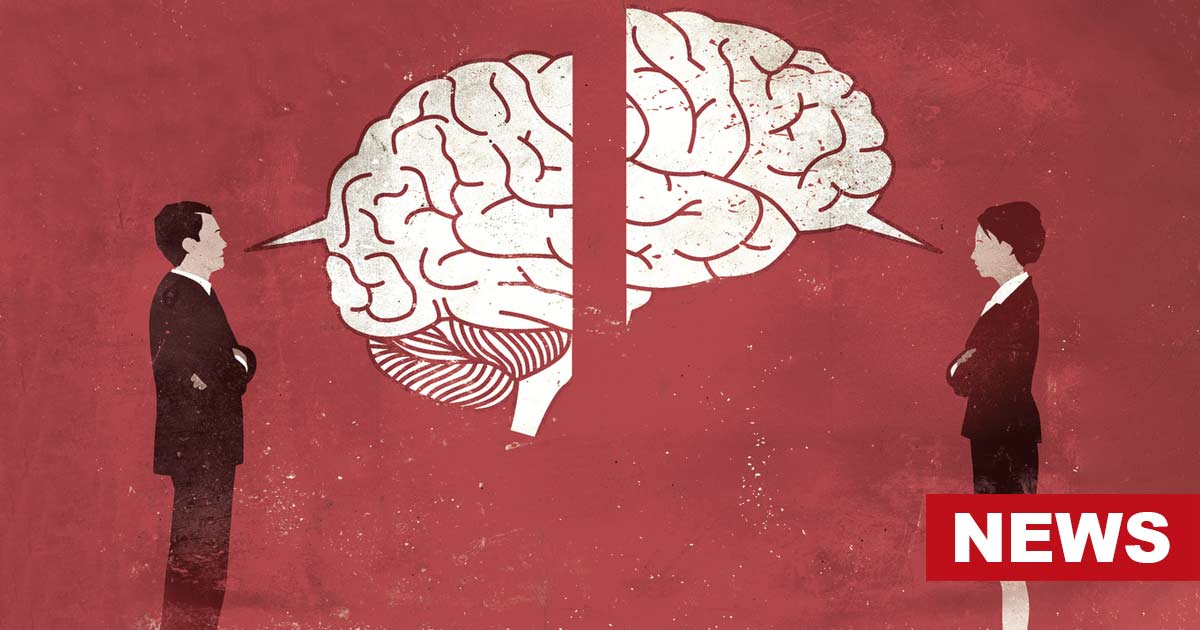The holiday season is often portrayed as a time of joy, togetherness, and celebration. However, for many people, it can also be a source of significant stress and anxiety, particularly when it comes to finances.
The expectation to purchase gifts, travel to visit loved ones, and participate in various social activities can place a heavy burden on individuals and families, especially those who are already struggling to make ends meet.
Financial stress is a common and pervasive issue that affects individuals from all walks of life. Whether it’s due to low income, unemployment, mounting debt, or unexpected expenses, the pressure to manage limited financial resources can take a toll on one’s mental and emotional well-being.
During the holiday season, this stress can be amplified as individuals feel compelled to meet societal expectations of gift-giving and participation in costly activities.
One way in which financial stress can trigger holiday depression is through the sense of inadequacy and guilt that it can engender. When individuals are unable to afford the gifts, experiences, or travel that they believe are expected of them, they may feel as though they are letting down their loved ones or failing to meet societal standards.
This can lead to feelings of shame, self-doubt, and worthlessness, contributing to a sense of depression and hopelessness during what should be a time of joy and celebration.
Moreover, the comparison to others who may have more financial resources can exacerbate these feelings of inadequacy. The prevalence of social media and the constant bombardment of images and stories of extravagant holiday celebrations can create a sense of FOMO (fear of missing out) and inadequacy for those who are unable to keep up financially.
This can lead to a sense of isolation and loneliness, as individuals feel as though they are not able to participate in the holiday cheer that seems to be enjoyed by everyone else.
In addition to the emotional impact, holiday-related financial stress can also manifest physically, leading to symptoms such as fatigue, headaches, muscle tension, and sleep disturbances. The combination of emotional and physical strain can contribute to a downward spiral of negative thoughts and feelings, ultimately leading to holiday depression for some individuals.
Furthermore, the pressure to spend money during the holidays can lead to increased financial strain, which can have long-term consequences for individuals and families. The accumulation of debt or the depletion of savings in order to meet holiday expenses can create a cycle of financial hardship that extends beyond the holiday season.
This ongoing financial stress can perpetuate feelings of anxiety and depression, as individuals struggle to cope with the consequences of their holiday spending.
Given the significant impact that financial stress can have on mental health during the holidays, it is important for individuals to recognize and address these challenges in a proactive manner. One potential strategy for managing holiday-related financial stress is to set realistic expectations and boundaries for spending.
This may involve having open and honest conversations with loved ones about financial limitations and exploring alternative ways to celebrate the holidays without placing undue financial strain on oneself.
Another approach is to prioritize self-care and mental well-being during the holiday season. This may involve setting aside time for relaxation, engaging in activities that bring joy and fulfillment, and seeking support from friends, family, or mental health professionals. By focusing on self-care, individuals can better cope with the emotional and physical toll of financial stress, reducing the risk of holiday depression.
Additionally, seeking out community resources and support services can provide much-needed assistance to individuals and families facing financial hardship during the holidays. This may include accessing food banks, seeking financial counseling or debt management services, or exploring options for low-cost or free holiday activities. By reaching out for support, individuals can alleviate some of the burden of financial stress and reduce the risk of depression and other mental health challenges.
Financial stress can indeed trigger holiday depression for many individuals, particularly when the pressure to spend money on gifts, travel, and other holiday expenses is high. The sense of inadequacy, guilt, and isolation that can result from financial strain can contribute to a downward spiral of negative thoughts and feelings, ultimately leading to depression and other mental health challenges.
However, by recognizing the impact of holiday-related financial stress on mental health and taking proactive steps to manage and mitigate these effects, individuals can better cope with the challenges of the holiday season and protect their overall well-being.





















